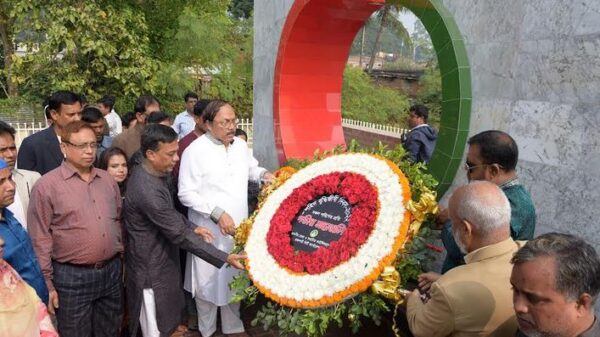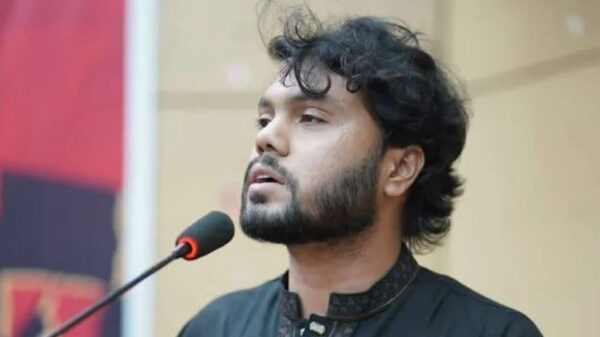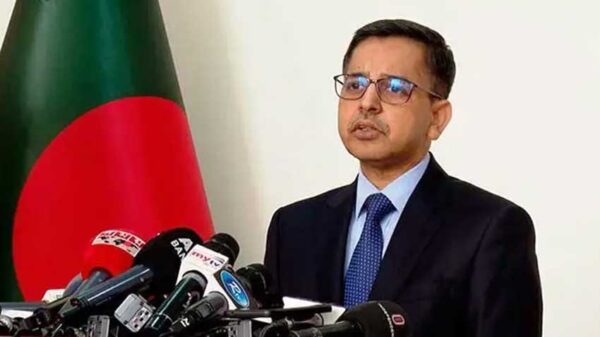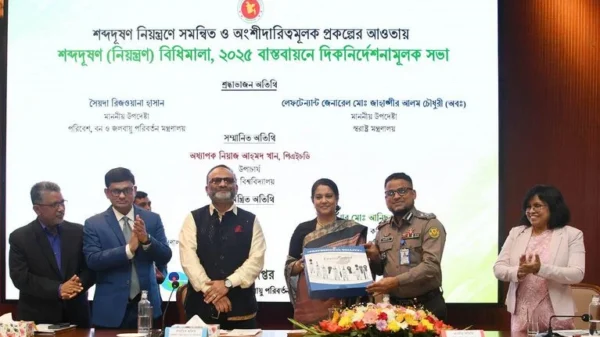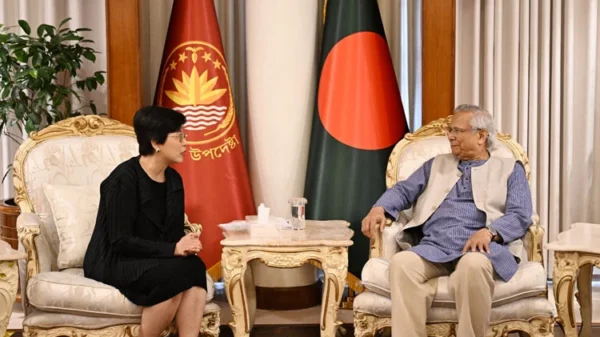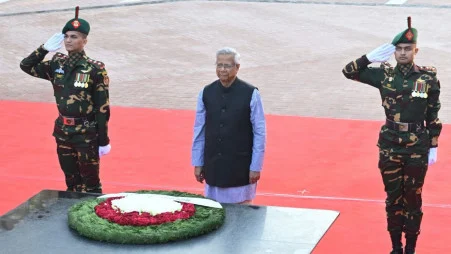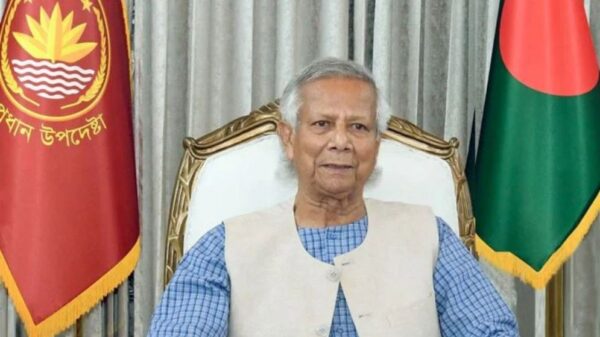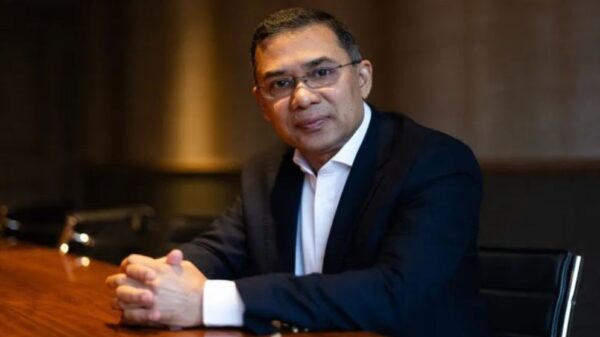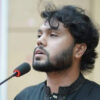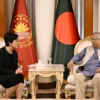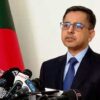Staff Reporter:
With a commitment to end the debilitating and life-threatening effects on children of lead poisoning, the Ministry of Environment, Forest and Climate Change and UNICEF jointly organized a national work-shop yesterday, marking the International Lead Poisoning Prevention Week.
The workshop enhanced the understanding of heavy metal sources affecting children, including lead, and engaged government and private sector stakeholders to take action to mitigate lead pollution, a joint press release said.
The workshop showcased evidence and findings from previous research that show alarming blood lead levels among children, the sources, and the contamination pathways affecting them and raised the im-portance of having national representative data on blood lead levels.
By understanding these factors, the government of Bangladesh, businesses and civil society organizations can jointly address the challenges of lead poisoning.
“Lead and heavy metal poisoning is a silent crisis that demands our immediate and unwavering attention. The interim government is committed to collaborating with all stakeholders to create a lead-free future for all and ending lead poisoning by 2040,” said Environment, Forest and Climate Change Adviser Sye-da Rizwana Hasan said while speaking at the workshop.
“Together we can develop a comprehensive protocol and action plan to identify the major sources of toxic metal exposure in Bangladesh,” she added.
Lead poisoning is an urgent environmental health crisis, especially in Bangladesh. Rapid urbanization and industrialization have increased heavy metal contamination in the environment, exposing children to toxic substances through the air, water, soil, food, toys, paints and cookware.
The extent of lead poisoning in women and children among the most vulnerable communities is wide-spread, being particularly harmful to young children and causing lifelong neurological and physical im-pairments.
“Unlike adults, children are more severely impacted by heavy metals in general and lead poisoning in particular: the effects are life-long and irreversible. Tragically, the period of brain development in chil-dren is curtailed, and almost all their organs are affected. In adults, it causes cardiovascular diseases, and in pregnant women, the orn baby is affected. It is preventable, with clear laws and the right buy-in from the private sector in particular, the enormous health and education costs – not to mention the costs to individual women and children can be dramatically reduced,” said Rana Flowers, UNICEF Representa-tive to Bangladesh.
“Together with partners, UNICEF is fully committed to supporting the interim government to fulfill its vision of creating a healthier and safer Bangladesh where every child can grow, play and learn in an en-vironment free from lead and toxic metals,” the UNICEF representative said.
UNICEF, with the Institute of Epidemiology, Disease Control and Research (IEDCR) and the Interna-tional Center for Diarrhoeal Disease Research in Bangladesh (icddr,b) detected lead in the blood of all of the 980 children tested in Khulna, Tangail, Patuakhali and Sylhet districts as well as in more than 500 children in Dhaka.
Among these samples, 40 percent in the four districts and 80 percent in Dhaka exceeded the 5 mi-crograms per deciliter blood threshold, the minimum cut-off level of the World Health Organization. However, any level of lead is not considered safe, and thus screening for lead, and eradicating the sources of lead will be a priority for the work of the partnership.
In June 2024, the Bangladesh Bureau of Statistics (BBS) and UNICEF officially announced the launch of the Multiple Indicator Cluster Survey (MICS): Round 7 (2024-2025) with funding from USAID, where for the first time, a model for collecting data on blood lead level and other toxic metals will be included.
This reliable, national data on a large scale will provide solid evidence for policy reforms and help in-troduce stronger legislation and interventions for a lead-free future in Bangladesh, one with lead-free products and far safer industry practices.
Through the partnership for a Lead-free Future (PLF), a global initiative aimed at combating lead expo-sure in children, envisioning a world free from lead exposure, Bangladesh has set an ambitious goal to end childhood lead poisoning by 2040. As a PLF partner, with support from UNICEF, Bangladesh sig-nals its commitment to identifying and preventing lead exposure and gaining access to expertise, re-sources, and collaboration opportunities with CSOs and the private sector.
UNICEF is also seeking partners’ expertise to support the interim government to identify the sources and exposure pathways to help address the causes of lead poisoning.



